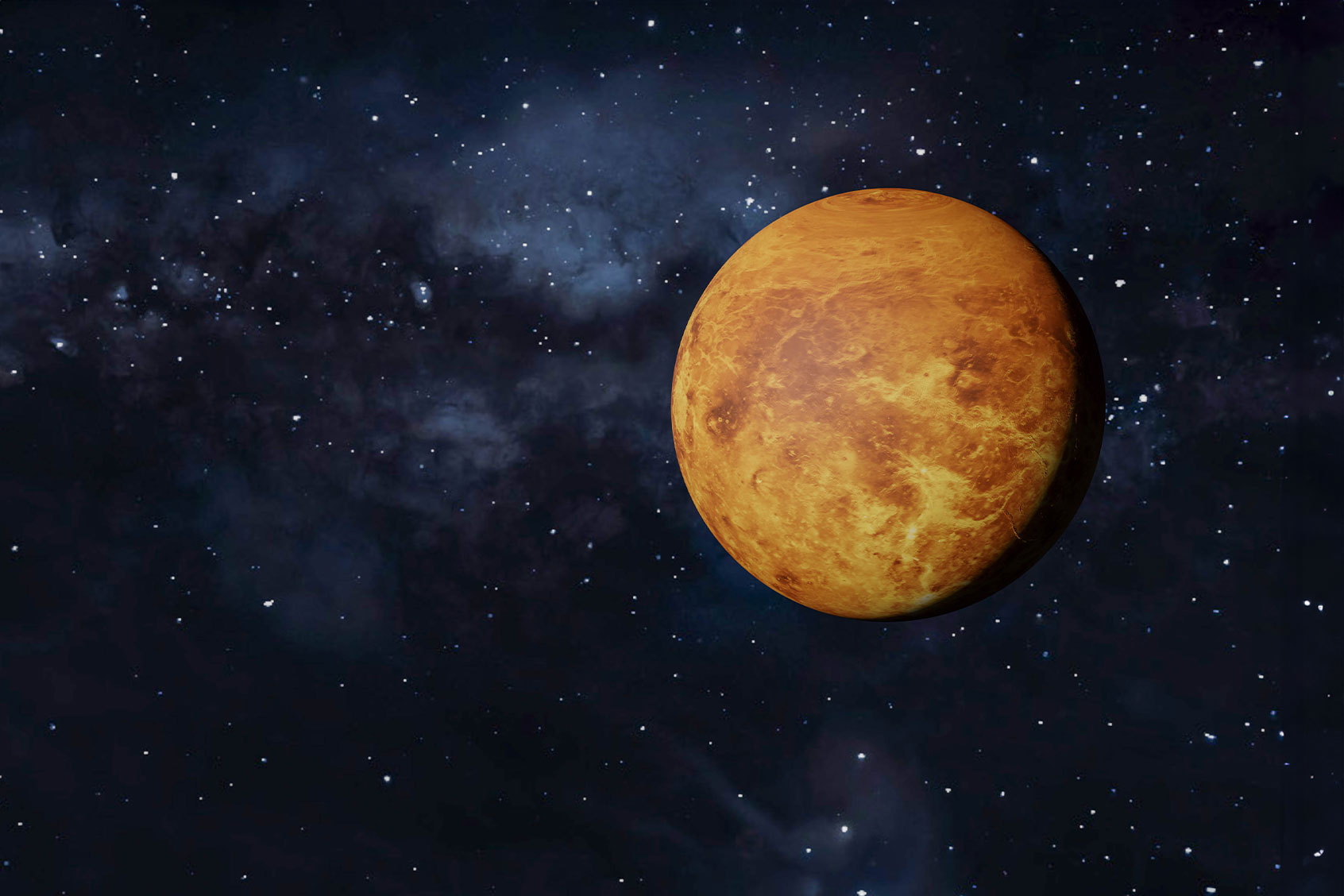Venus, the second planet from our Sun, vividly demonstrates why the greenhouse effect makes life impossible. With an average surface temperature of roughly 1000º F (500º C) under a toxic atmosphere primarily composed of thick carbon dioxide, no lifeform known to inhabit our third planet from the Sun can dwell on its neighbor. Yet scientists hypothesized that although Venus is likely uninhabitable today, it may have been hospitable in its ancient history.
Yet a recent study in the journal Nature Astronomy strongly suggests Venus was always hostile to life. Scientists from the University of Cambridge looked at data from past probes to the second planet to learn about the chemical composition of the Venusian atmosphere. Regular volcanic activity on the planet keeps the Venusian innards churning outward into the atmosphere, allowing astronomers to analyze their chemical composition for gases like carbon dioxide, carbonyl sulphide and — most importantly in terms of finding life — liquid water.
Volcanic eruptions from Earth mainly produce steam because our planet has a water-rich interior. Yet Venus, by contrast, has volcanic gases containing, at most, six percent water, making it unlikely to contain lifeforms like those on Earth.
"Even though it’s the closest planet to us, Venus is important for exoplanet science because it gives us a unique opportunity to explore a planet that evolved very differently to ours, right at the edge of the habitable zone," team leader Tereza Constantinou, a PhD student at Cambridge’s Institute of Astronomy, said in a statement.
The search for life on Venus has turned up other dead ends. In 2020, the astronomy world was roused at the prospect of phosphine, a gas associated with anaerobic bacteria, after it was seemingly detected in the Venusian atmosphere. However, a pair of subsequent studies determined that it was merely a false positive, which one scientist later explained indicates that the scientific process is working as it is supposed to.
"It's exactly how science should work," Paul Byrne, a planetary scientist at North Carolina State University in Raleigh, told Science News at the time. "It's too early to say one way or the other what this detection means for Venus."
Read more
about the hunt for life in space


